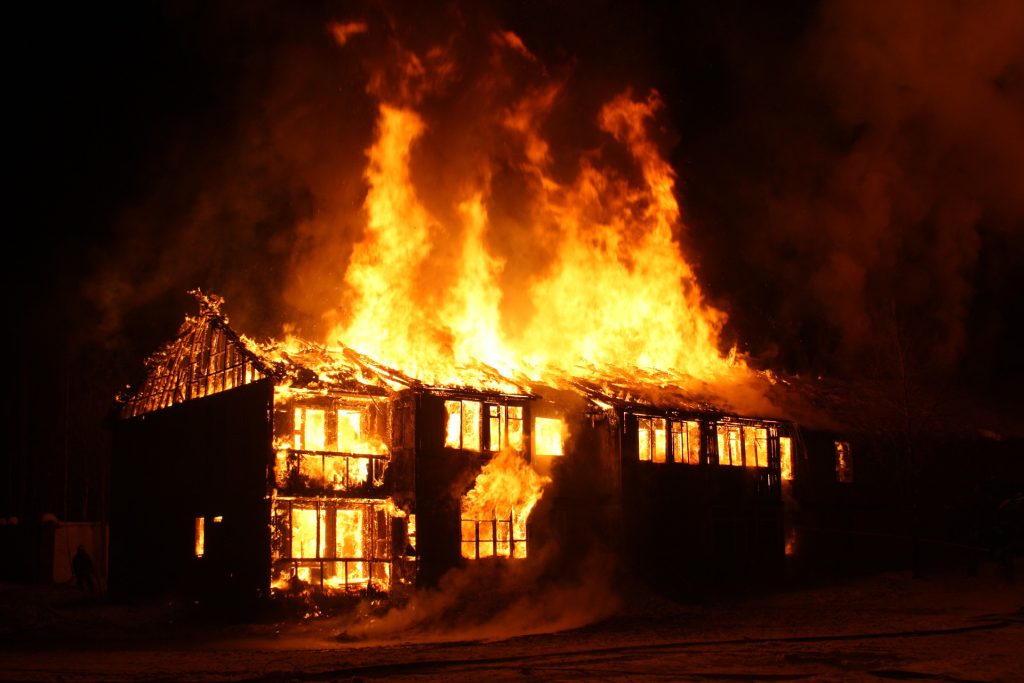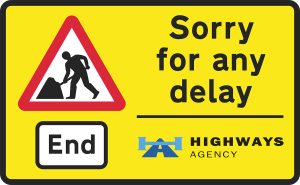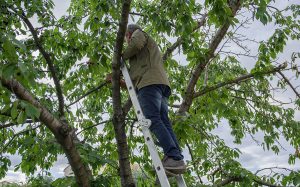Make Sure Your Home Doesn’t Go Up in Smoke! – Fire Avoidance Safety Tips from Security Specialists
President Calvin Coolidge proclaimed Fire Prevention Week a national observance in 1925, making it the longest-running public health observance in our country. Fire Avoidance is everyone’s concern and Fire Prevention Week is observed each year during the week of October 9th in commemoration of the Great Chicago Fire, which began on October 8, 1871, and caused devastating damage. This horrific conflagration killed more than 250 people, left 100,000 homeless, destroyed more than 17,400 structures, and burned more than 2,000.
This year, we celebrate National Fire Prevention Week October 3 through the 9th with a special emphasis on smoke alarms and CO detectors. Today, almost three out of five home fire deaths occur in homes with no smoke alarms (41 percent) or smoke alarms that failed to operate (16 percent) due to missing or non-functional power sources, including missing or disconnected batteries, dead batteries, and disconnected hardwired alarms. Additionally, carbon monoxide poisoning continues to be the number one cause of accidental poisoning in the U.S.
To learn how you can prevent and mitigate the consequences of fire, smoke and CO damage in your home, here are 13 fire avoidance safety tips from Security Specialists
- Make sure you have smoke alarm inside bedrooms and outside of each room of your home and test all smoke alarms frequently (monthly). Press the test button to make sure the alarm is working properly.
- If you hear a smoke alarm or carbon monoxide (CO) alarm sound, respond immediately by exiting the home as quickly as possible.
- When an alarm begins to chirp, it may mean that the batteries are running low and need to be replaced. If the alarm continues to chirp after the batteries are replaced, or the alarm is more than 10 years old, it is time to replace the alarm.
- If there is someone in your household who is deaf or hard of hearing, install bed shaker and strobe light alarms that will alert that person to fire.
- Know the difference between the sound of a smoke alarm and a carbon monoxide alarm – three beeps for smoke alarms… four beeps for carbon monoxide alarms.
- Do not smoke inside your home.
- Always keep flammable items in open areas and away from heat sources.
- Never leave a hot stove unattended and always keep a fire extinguisher in the kitchen.
- Check your outlets and extension cords to make sure they are not overloaded.
- Create a home fire escape plan.
- Make sure all your family members know two ways out of every room.
- Remember to designate an outside meeting place.
- Practice a home fire drill with your family at least two times a year.











